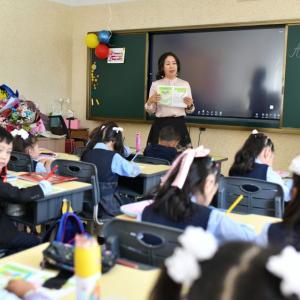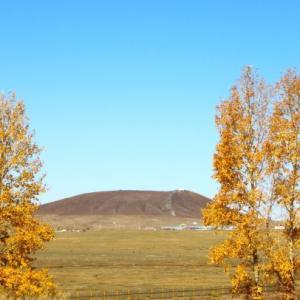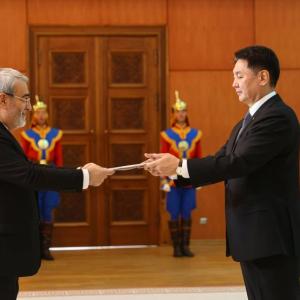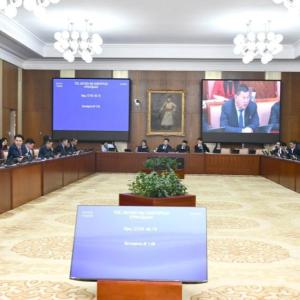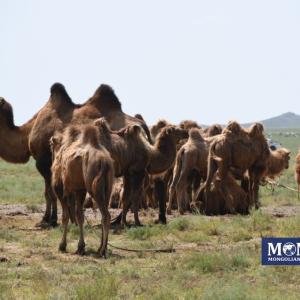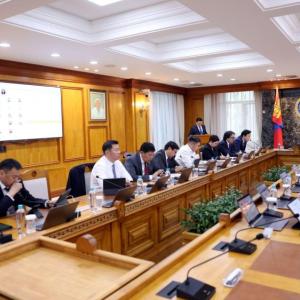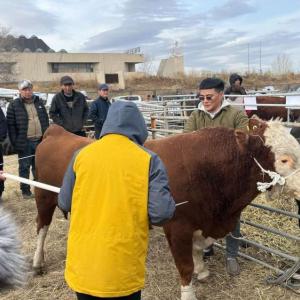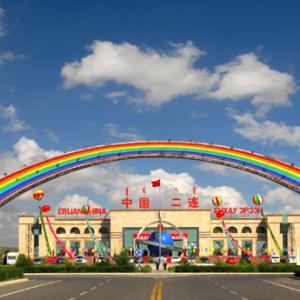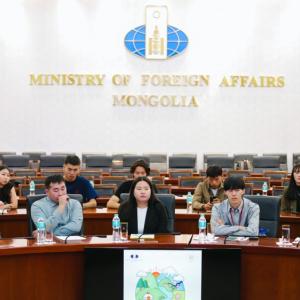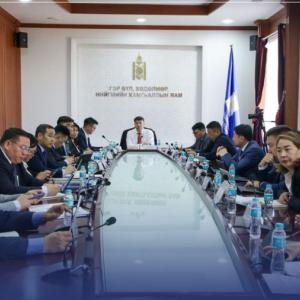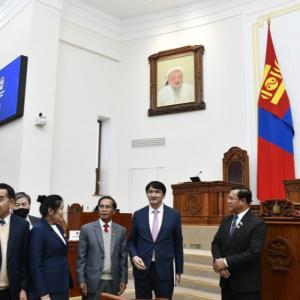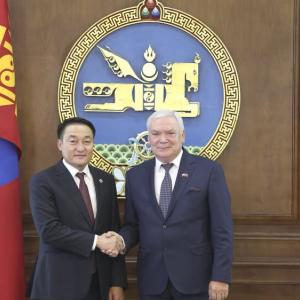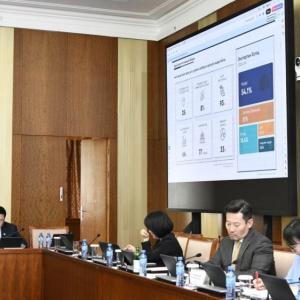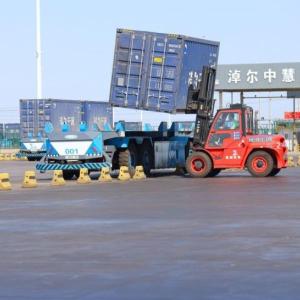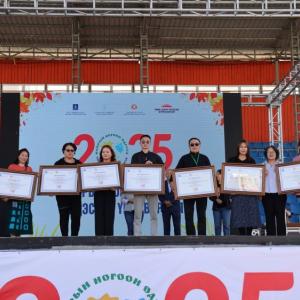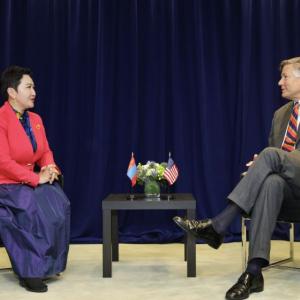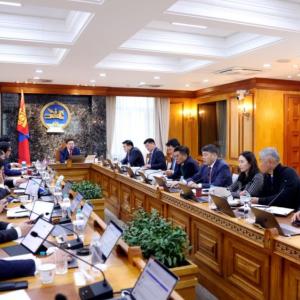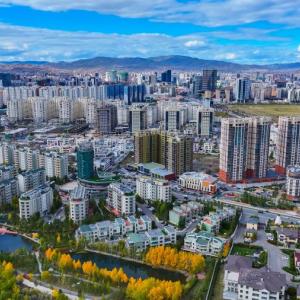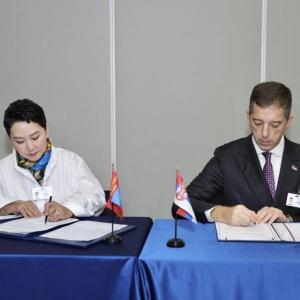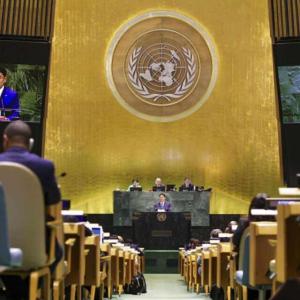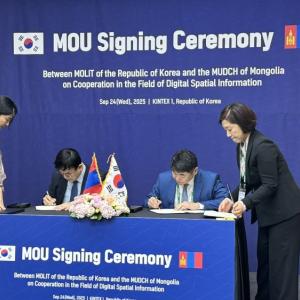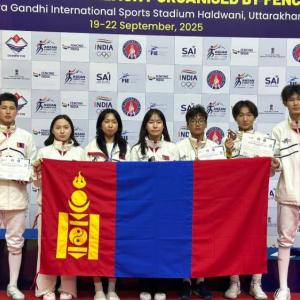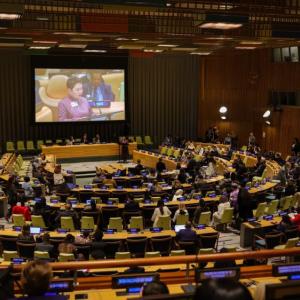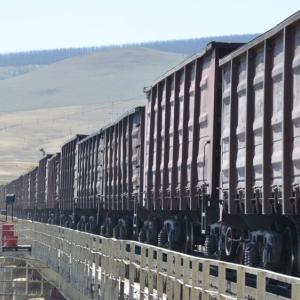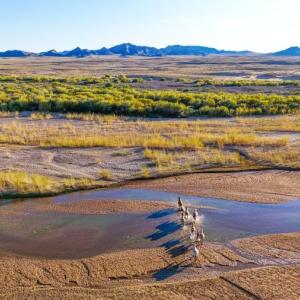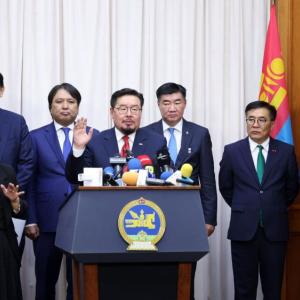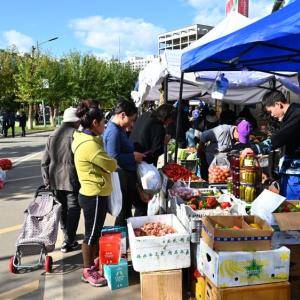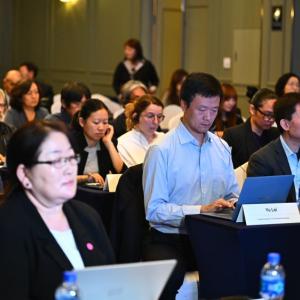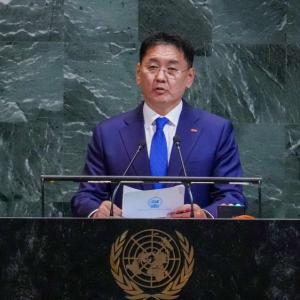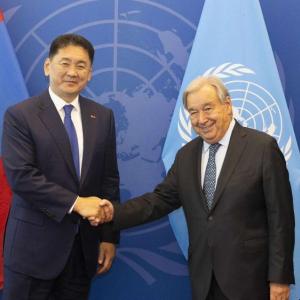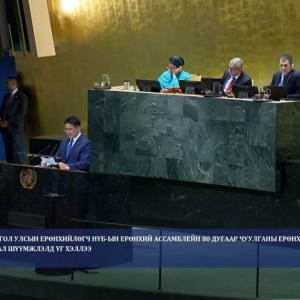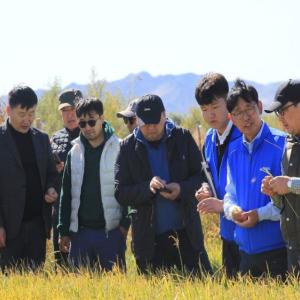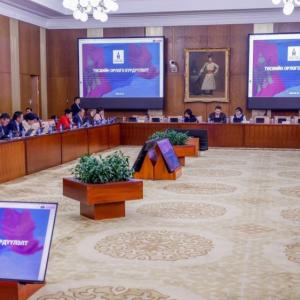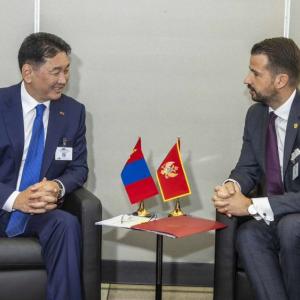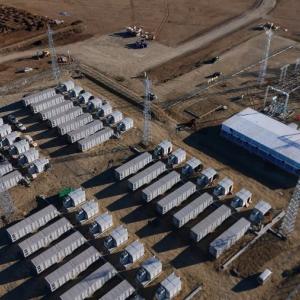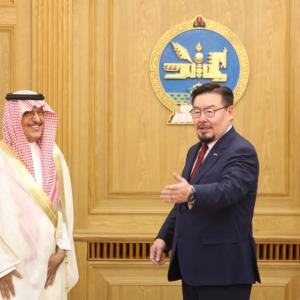EU brings relief to Mongolian herders affected by extreme winter
PoliticsUlaanbaatar /MONTSAME/ In response to the particularly harsh winter which has struck large parts of Mongolia since November, the European Commission is providing over 115 000 EUR in humanitarian funding to bring immediate relief to the most affected families. The aid will directly benefit 5000 most vulnerable individuals in some of the country’s worst-hit provinces, namely Khuvsgul, Selenge, Uvs and Zavkhan.
This EU funding supports the Mongolian Red Cross Society in delivering much-needed assistance through the provision of first aid kits and unconditional cash grants. The kits enable herders to maintain their physical well-being in particularly challenging conditions, while cash assistance allows beneficiaries to cover other immediate needs triggered by the extreme climatic conditions, following their own priorities. The funding is part of the EU’s overall contribution to the Disaster Relief Emergency Fund (DREF) of the International Federation of Red Cross and Red Crescent Societies (IFRC).
Vast swathes of Mongolia, particularly in the north, have witnessed an exceptionally cold winter and heavy snow fall over the past few months. The premature severe weather patterns have placed an estimated 157 000 people in 15 out of 21 provinces under high risk of the what is known as the “dzud” climatic phenomenon. The adverse conditions have hampered the capacity of herders to access town centres, where health facilities and other services are located, and threatened the survival of livestock. The Government of Mongolia in late December called for humanitarian assistance from the international community as the situation worsened.
Dzud, characterised by a prolonged summer drought followed by severe winter conditions, is not uncommon in Mongolia. The latest dzud in late 2015 killed more than one million heads of livestock and severely affected thousands of pastoralists whose livelihoods largely depended on animal husbandry. In response, the Commission had provided 420,000 EUR to its humanitarian partners in order to help alleviate the burdens of the most impacted households.

 Ulaanbaatar
Ulaanbaatar
